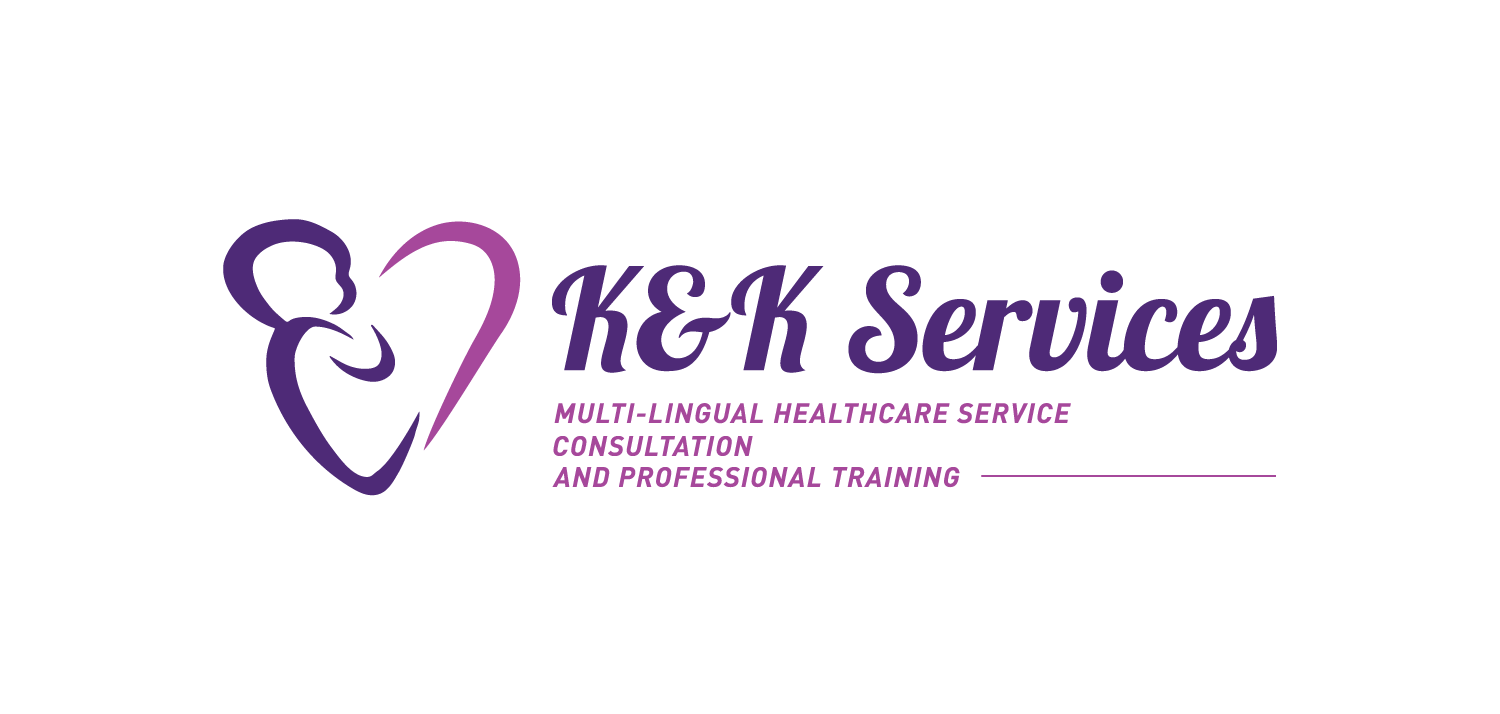Essential Tips for Family Caregiving
- Dr. Kat Demps
- 20 minutes ago
- 3 min read
Caring for a loved one is a journey filled with challenges and rewards. As someone who provides personalized, evidence-based rehabilitation and integrative nutrition services, I understand how important it is to support families with compassion and practical solutions. Family caregiving requires patience, knowledge, and a collaborative spirit to ensure the best outcomes for everyone involved. In this post, I will share essential family caregiving tips that can help you navigate this path with confidence and care.
Practical Family Caregiving Tips to Support Your Loved Ones
Family caregiving is a role that often evolves over time. Whether you are helping with daily tasks, managing medications, or providing emotional support, having a clear plan can make a big difference. Here are some practical tips to help you provide effective care:
Create a Care Schedule: Organize daily tasks such as meals, medication times, and appointments. Use a calendar or app to keep track.
Communicate Openly: Keep family members informed and involved. Regular updates reduce stress and improve teamwork.
Encourage Independence: Support your loved one in doing what they can on their own. This boosts their confidence and preserves dignity.
Seek Professional Help: Don’t hesitate to consult healthcare providers or therapists for guidance tailored to your loved one’s needs.
Take Care of Yourself: Caregiving can be demanding. Schedule breaks and seek support to maintain your own health.
By following these tips, you can create a balanced caregiving routine that benefits both you and your loved one.

What are the 3 C's of caregiving?
Understanding the 3 C's of caregiving can provide a strong foundation for your role. These principles help maintain a positive and effective caregiving environment:
Care: This is the heart of caregiving. It means providing physical, emotional, and psychological support with kindness and respect.
Communication: Clear and honest communication helps prevent misunderstandings and ensures everyone’s needs are met.
Compassion: Showing empathy and patience helps build trust and comfort for your loved one.
Focusing on these three elements can transform caregiving from a stressful task into a meaningful experience. Remember, caregiving is not just about tasks but about nurturing relationships.
Nutrition and Rehabilitation: Key Components of Family Caregiving
Good nutrition and rehabilitation are essential for improving quality of life. As part of my approach, I emphasize integrative nutrition and personalized rehabilitation plans that support healing and wellness.
Balanced Meals: Prepare meals rich in fruits, vegetables, lean proteins, and whole grains. Proper nutrition supports energy and immune function.
Hydration: Encourage regular water intake to prevent dehydration, especially in older adults.
Physical Activity: Tailor exercises to your loved one’s abilities. Even gentle movement can improve strength and mood.
Therapeutic Support: Work with rehabilitation specialists to address mobility, pain, or other health concerns.
By integrating these elements into your caregiving routine, you help your loved one maintain independence and improve their overall well-being.

Managing Stress and Emotional Well-being in Caregiving
Caregiving can be emotionally taxing. It’s important to recognize signs of stress and take steps to manage it effectively:
Practice Mindfulness: Simple breathing exercises or meditation can reduce anxiety.
Join Support Groups: Connecting with others in similar situations provides comfort and practical tips.
Set Realistic Goals: Avoid overcommitting. Focus on what you can realistically achieve each day.
Ask for Help: Delegate tasks to other family members or hire professional caregivers when needed.
Celebrate Small Wins: Acknowledge progress and moments of joy to stay motivated.
Taking care of your emotional health is just as important as physical caregiving tasks. When you feel supported, you can provide better care.
Finding Reliable Resources and Support Networks
Navigating caregiving can be overwhelming without the right resources. Here are some ways to find support:
Local Community Services: Many areas offer respite care, meal delivery, and transportation assistance.
Healthcare Providers: Doctors, therapists, and nutritionists can provide personalized advice.
Online Resources: Websites like caregiving advice offer valuable information and tools.
Family Meetings: Regular discussions help coordinate care and share responsibilities.
Educational Workshops: Attend seminars or webinars to learn new caregiving skills.
Building a strong support network ensures you are not alone in this journey and helps improve the quality of care.
Embracing the Journey of Family Caregiving
Family caregiving is a profound act of love and dedication. It requires patience, knowledge, and a willingness to adapt. By applying these family caregiving tips, you can create a nurturing environment that promotes healing and happiness for your loved one and yourself. Remember, every small step counts, and seeking help is a sign of strength, not weakness.
Together, we can find lasting solutions that honor the dignity and well-being of those we care for. If you want to learn more about personalized rehabilitation and integrative nutrition services, feel free to reach out. Your caregiving journey is important, and support is always available.




Comments